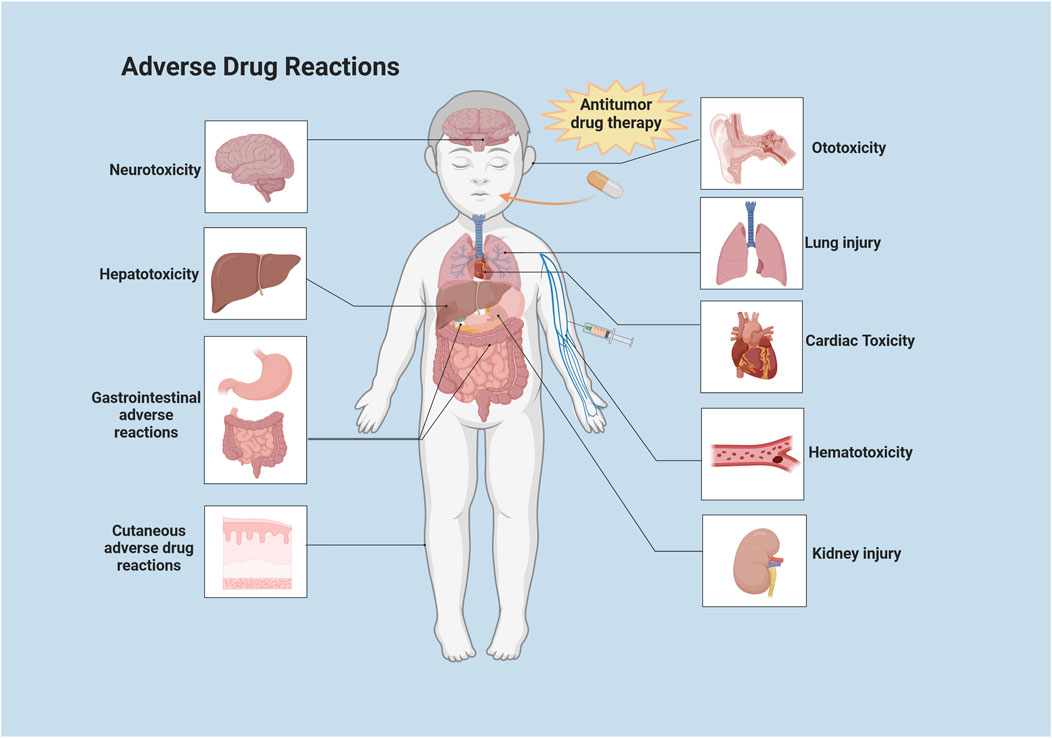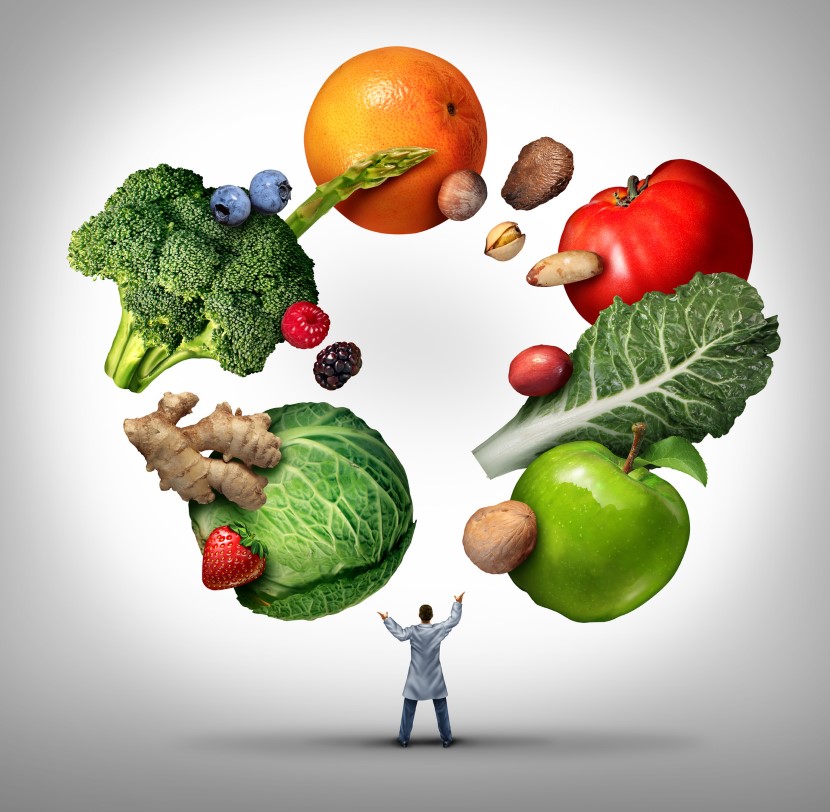Role of Vegetables in Disease Prevention
Chasing ideal wellbeing, diet assumes an obviously significant part. Among the most impressive supporters of a fair, sickness battling routine are vegetables. These supplement thick food varieties are plentiful in nutrients, minerals, fiber, and cell reinforcements, which can assist with forestalling a scope of ongoing sicknesses and backing by and large prosperity. This article investigates the essential job that vegetables play in illness counteraction and how integrating various vegetables into everyday dinners can upgrade your wellbeing.
1. Rich Wellspring of Fundamental Supplements
Vegetables are loaded with supplements that the body needs to work at its ideal. They give key nutrients and minerals like L-ascorbic acid, potassium, folate, and magnesium. L-ascorbic acid, found in vegetables like chime peppers and broccoli, assumes an essential part in supporting the safe framework, assisting the body with fending off contaminations. Folate, plentiful in mixed greens like spinach and kale, upholds solid cell division, significant for tissue fix and development.
Besides, vegetables like carrots, yams, and tomatoes are wealthy in beta-carotene, which the body changes over into vitamin A. This nutrient is fundamental for keeping up with sound vision and supporting safe capability. Additionally, potassium-rich vegetables like potatoes and spinach assist with directing pulse, decreasing the gamble of hypertension and related coronary illness.
2. High in Fiber for Stomach related Wellbeing
Fiber is one more key part in vegetables, especially those like beans, peas, and salad greens. Consuming a satisfactory measure of fiber is fundamental for keeping a solid stomach related framework. Fiber helps with the development of food through the gastrointestinal system, forestalling clogging, and advancing standard defecations.
Notwithstanding stomach related wellbeing, fiber has been displayed to diminish the gamble of colorectal malignant growth, one of the most well-known tumors around the world. A high-fiber diet can likewise add to weight the board, as it advances satiety and directs glucose levels. This is especially significant in forestalling heftiness, which is a critical gamble factor for various constant sicknesses, including diabetes and coronary illness.
3. Cancer prevention agents and Their Part in Battling Irritation
One of the most notable advantages of vegetables is their high cancer prevention agent content. Vegetables like spinach, kale, and Brussels sprouts contain different cancer prevention agents, including flavonoids, carotenoids, and polyphenols, that assist with combatting oxidative pressure in the body. Oxidative pressure happens when free extremists — unsteady particles — harm cells, adding to the improvement of persistent illnesses like malignant growth, coronary illness, and Alzheimer's sickness.
Cancer prevention agents work by killing these free revolutionaries, forestalling cell harm, and decreasing irritation. Constant irritation is much of the time a forerunner to numerous infections, including joint pain, cardiovascular illness, and diabetes. By integrating an assortment of cell reinforcement-rich vegetables into the eating routine, people can decrease their gamble of irritation-related conditions and advance long-term wellbeing.
4. Vegetables and Coronary illness Avoidance
Coronary illness remains one of the main sources of death around the world, and diet plays a huge part in its counteraction. Vegetables have been displayed to help cardiovascular wellbeing by further improving cholesterol levels, decreasing circulatory strain, and shielding the veins from harm.
Mixed greens like spinach and Swiss chard are especially useful because of their high potassium content, which loosens up veins and lowers circulatory strain. Furthermore, the cell reinforcements found in vegetables, for example, tomatoes and carrots assist with forestalling the oxidation of LDL cholesterol (the "terrible" cholesterol), which is a significant supporter of the development of plaque in the veins.
Moreover, cruciferous vegetables like broccoli, cauliflower, and cabbage contain intensifies that have been displayed to lessen the gamble of coronary illness. These mixtures assist with diminishing irritation and forestall harm to veins, adding to generally cardiovascular wellbeing.
5. Disease Anticipation and Vegetables
A growing body of proof suggests that vegetables play an important role in reducing the risk of cancer. Certain vegetables, like cruciferous vegetables (broccoli, cauliflower, kale), are rich in sulfur-containing compounds called glucosinolates. These compounds have been shown to have anti-cancer properties by promoting the detoxification of harmful chemicals in the body and reducing the growth of cancer cells.
Other vegetables like tomatoes contain lycopene, a powerful antioxidant that has been linked to a reduced risk of prostate cancer. Similarly, carrots and sweet potatoes are rich in beta-carotene, which may help protect cells from damage that could lead to cancer. While no food can guarantee the prevention of cancer, a diet rich in a variety of vegetables has been shown to lower the risk of several types of cancer, including lung, breast, and colorectal cancers.
6. Diabetes Prevention and Blood Sugar Regulation
The increasing prevalence of type 2 diabetes worldwide highlights the importance of a diet that supports healthy blood sugar levels. Vegetables, particularly non-starchy varieties like leafy greens, cucumbers, and bell peppers, are low in carbohydrates and have a low glycemic index. This means they have little effect on blood sugar levels, making them an excellent choice for individuals looking to prevent or manage diabetes.
Furthermore, the fiber in vegetables helps slow the absorption of sugar into the bloodstream, preventing spikes in blood glucose levels. For individuals with type 2 diabetes, a high-fiber diet has been shown to improve insulin sensitivity and reduce the need for medication. Consuming a wide range of vegetables also helps prevent obesity, a major risk factor for developing diabetes.
7. Vegetables for Bone Wellbeing
Bone wellbeing is often associated with calcium, but vegetables also play a significant role in maintaining strong bones. Many vegetables, particularly leafy greens like kale, collard greens, and bok choy, are rich in calcium and magnesium, two minerals that are crucial for bone density and strength.
In addition to calcium and magnesium, vegetables such as broccoli and Brussels sprouts contain vitamin K, which is essential for bone health. Vitamin K helps activate proteins that are involved in bone mineralization, preventing fractures and promoting overall skeletal health.
8. Mental Health and Cognitive Function
Emerging research suggests that a diet rich in vegetables can also benefit mental health and cognitive function. Vegetables, particularly those high in antioxidants, can help protect the brain from oxidative stress and inflammation, which are linked to cognitive decline and conditions like dementia and Alzheimer's disease.
Leafy greens like spinach and kale, as well as cruciferous vegetables, contain compounds that support brain health by improving blood flow and reducing inflammation. These vegetables also provide folate, which is essential for brain function and may help reduce the risk of age-related cognitive decline.
9. The Importance of Variety
While individual vegetables offer numerous health benefits, consuming a wide variety of vegetables is crucial for maximizing disease prevention. Different vegetables contain different combinations of nutrients, antioxidants, and phytochemicals, each contributing to various aspects of health.
To reap the full benefits of vegetables, it is important to incorporate a range of colors and types into your meals. Dark leafy greens, bright orange carrots, red bell peppers, purple eggplants, and cruciferous vegetables like broccoli all offer unique health benefits. The more colorful your plate, the more diverse the nutrients you're getting, which helps support your body's ability to prevent diseases.
Conclusion
Vegetables are an essential component of a healthy diet and play a significant role in disease prevention. From reducing the risk of chronic diseases like heart disease, cancer, and diabetes to supporting digestive health, bone strength, and cognitive function, vegetables offer a wealth of benefits that are critical for overall well-being. To maximize the disease-fighting potential of your diet, aim to include a wide variety of vegetables in your daily meals. By making vegetables a staple of your diet, you can significantly improve your health and reduce the risk of many chronic conditions.
Incorporating more vegetables into your meals doesn't have to be difficult. With a little creativity, you can enjoy a diverse range of vegetables, whether as part of salads, soups, stir-fries, or even smoothies. So, next time you're planning your meals, remember the incredible health benefits that vegetables bring, and make them a priority in your diet for disease prevention and lifelong health






























0 comments: